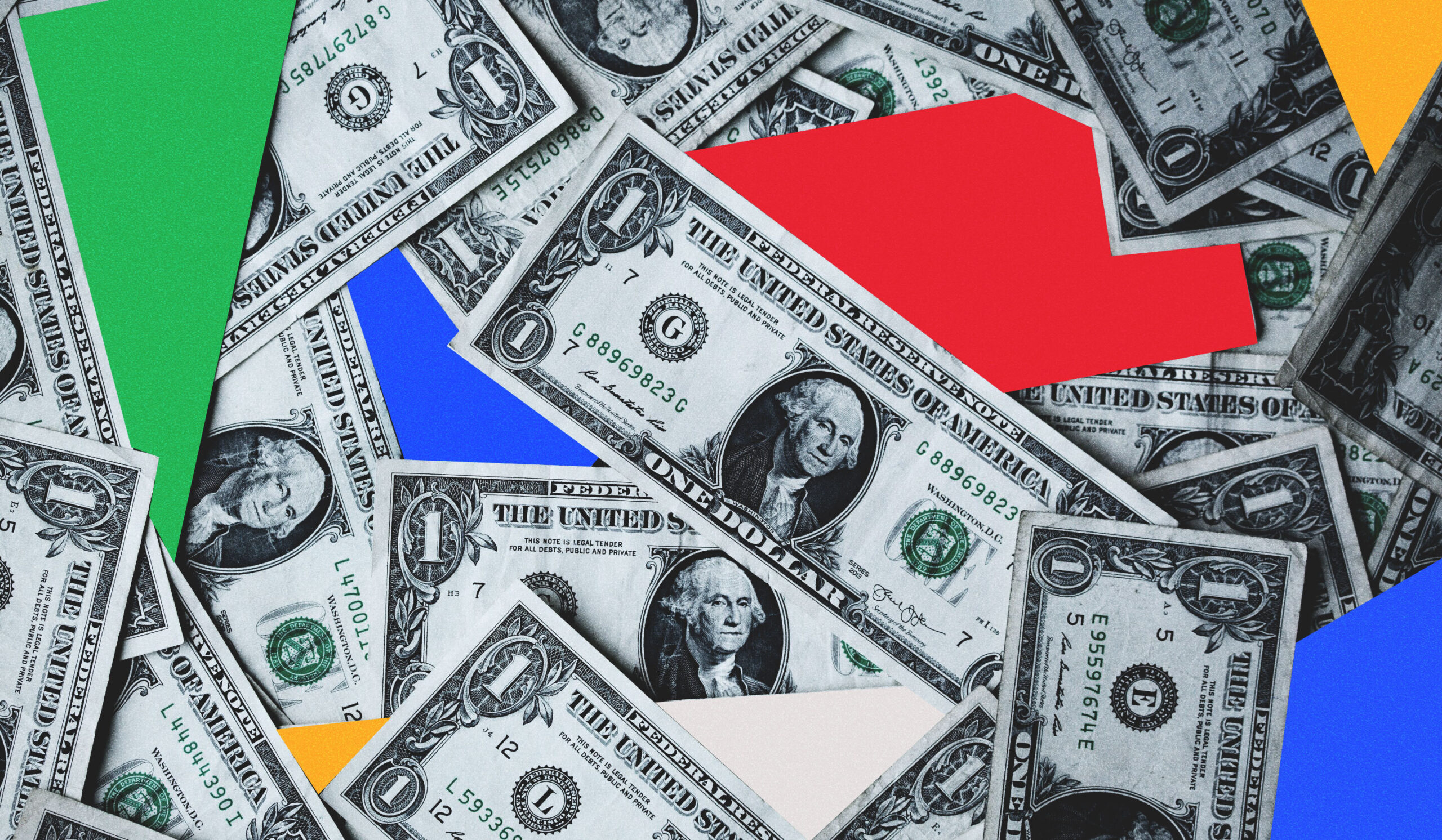Google Highlights Its AI Content Creation Innovations at Cloud Next

Google’s New Venture into Creative AI
Google, known for its dominance in digital advertising, is now shifting its focus toward the realm of creativity, leveraging artificial intelligence (AI) to enhance content creation. This trend became particularly evident during the recent Google Cloud Next event held in Las Vegas, where the tech giant introduced a new range of tools designed to streamline multimedia production.
New Content Creation Tools
At the event, Google unveiled an array of advanced content creation tools:
- Veo 2: A video creation tool that transforms minimal input into compelling visual content.
- Imagen 3: This tool generates high-quality images efficiently.
- Lyria: Focused on music creation, allowing users to produce soundscapes quickly.
- Chirp 3: A model dedicated to developing custom voice technology.
These innovations are aimed at helping brands and agencies meet the growing demand for rapid and personalized content.
Practical Applications Demonstrated
Several high-profile examples of companies adopting these tools were showcased during the event:
L’Oréal: The beauty brand utilizes Imagen 3 and Veo 2 to produce an impressive 50,000 images and 500 videos each month, tailored to specific demographics and product lines.
Kraft Heinz: With its "Tastemaker" platform, Kraft Heinz has partnered with Google to cut content production time dramatically from eight weeks to just eight hours.
Mondelez and Accenture: These companies are benefiting from Google Cloud’s content agents to generate personalized digital assets across various markets in a fraction of the original time.
- Reddit: The platform is enhancing its “Reddit Answers” feature using Gemini AI on Vertex AI, which offers customized conversation summaries directly on user homepages.
Creative Agency Innovations
The event also highlighted how creative agencies are employing these AI tools. Goodby Silverstein & Partners introduced a trailer for an AI-driven film inspired by Salvador Dalí’s screenplay, "Giraffes on Horseback Salad." By collaborating with the Dalí Museum, they transformed the artist’s notes into a cinematic experience using Imagen 3 and Veo 2.
Jeff Goodby, co-founder of the agency, emphasized that while AI tools can quickly generate concepts, the quality of output is crucial. He remarked, “People are still the arbiters and judges of whether the thing carries any emotion or not.” This underscores the importance of maintaining human oversight in creative processes.
Agency Collaborations and AI Testing
WPP, another major player in marketing, is also exploring AI tools like Veo 2 and Imagen 3. Their WPP Open platform integrates these technologies into creative and strategic workflows. The agency is testing AI-generated content via virtual focus groups to determine which videos and images resonate best with different audiences. WPP’s Chief Technology Officer, Stephan Pretorius, advocates for an open-minded approach, allowing employees to explore various applications of AI without preconceived notions.
Industry Impact and Future Directions
As Google integrates its content creation tools with established platforms like Adobe Firefly and Typeface, a significant industry change appears imminent. This integration reflects a broader trend toward combining creative tools with data-driven strategies. For instance, Emily Wengart, head of AI at Huge agency, noted, "Data are my new pixels," emphasizing the evolution of digital creativity.
As Google positions itself as a co-pilot in content production, the implications for the creative economy are vast. The company is not only focusing on advertising but also on shaping the tools that generate the content. Furthermore, new AI content safeguards, including improved watermarking and data governance, have also been introduced.
Despite these advancements, there remain important challenges, particularly concerning the compensation for content creators whose work informs these generative models and the ongoing discussion about the transparency of synthetic media. According to Gartner analyst Andrew Frank, Google’s failure to address these issues during the event was a missed opportunity, given their significance in the evolving marketplace.






